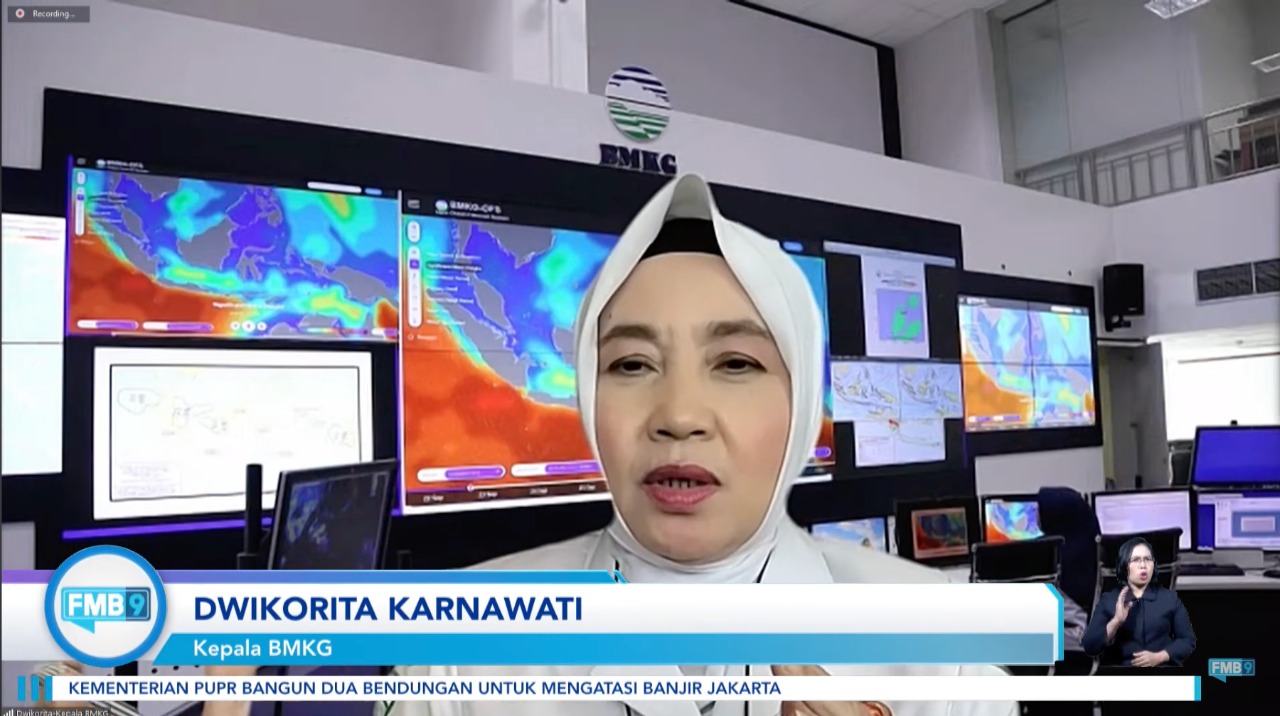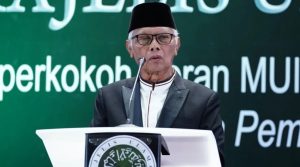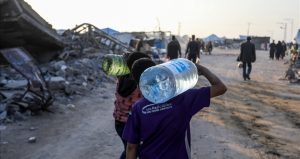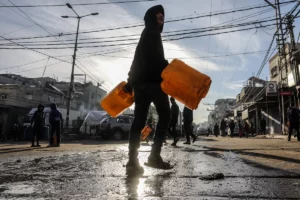Jakarta, MINA – Head of the Indonesian Meteorological, Climatological, and Geophysical Agency (BMKG), Dwikorita Karnawati, warned that the water crisis caused by climate change which is disrupting the hydrological cycle in all parts of the world is becoming increasingly real.
“The water crisis occurs in almost all parts of the world and is a global crisis that must be anticipated by every country. It doesn’t matter if it’s a developed or developing country. Therefore, this issue must be a common concern for all countries without exception,” she said in the FMB9 Dialogue that was held online on Monday.
She said, the phenomenon of climate change will continue if the rate of increase in greenhouse gas emissions cannot be controlled. This condition then causes the surface water evaporation process to accelerate.
So that it causes the availability of water to decrease faster in a hemisphere location. However, on the contrary there is excessive (extreme) rain in other locations or hemispheres.
Also Read: Prof. El-Awaisi Urges Participants to Continue Spreading Baitul Maqdis Culture
The diminishing availability of surface water and ground water will certainly affect the availability of clean water in various parts of the world. Dwikorita cited the World Meteorological Organization (WMO) in 2022 and reported that drought and water scarcity had hit various countries in the world.
“There is no difference between developed and developing countries. Both are suffering from drought and flood. So, once again drought and flood are the same impact as a result of the fast pace of climate change which is exacerbated by environmental damage,” said Dwikorita.
At the same forum, Spokesperson for the Ministry of Public Works and Public Housing, Endra S. Atmawidjaja, assessed that excessive water use and environmental destruction can reduce water availability and make it unfit for use.
“In addition, food security is also related to the availability of adequate clean water. Because lack of access to clean water can affect productivity and food availability,” he said.
Also Read: Thousands Arrive for “1,000 Volunteers for Gaza Reconstruction” Assembly in Jakarta
To overcome the water crisis and improve food security, an integrated and sustainable approach is needed. The current government has developed policies and programs to preserve water resources. Among them, since 2014 the government has initiated the construction of 61 dams by 2024.
“Currently, 36 have been completed and 25 dams are under construction. It is hoped that all of them will be completed by 2023. This dam serves to increase the water saving capacity. So that in the rainy season it doesn’t flood, in the dry season it doesn’t dry out,” explained Endra.
Another effort by the Government, is to encourage the private sector to play an important role in the development of environmentally friendly and efficient technology. In addition, the community can also help preserve water by reducing excessive water use and supporting water conservation programs.
“In order to preserve water, collaboration and involvement from the entire community is needed. The government, the private sector and the community must work together to address the problem of water conservation,” he emphasized. (T/RE1)
Also Read: KH Anwar Iskandar Re-Elected as Chairman of Indonesia’s Ulema Council for 2025–2030
Mi’raj News Agency (MINA)






































 Mina Indonesia
Mina Indonesia Mina Arabic
Mina Arabic